Interviewed my grandmother’s cousins, Giuseppa and Maria who will be 102 years old October 5th. Maria unfortunately is primarily in bed stay and does not speak much and is cared for by a family member and her sister Giuseppa who is 88 years old and spoke with great detail.
I Went to the library this week and asked the information desk if they had any information about WWII, specifically about Bagheria and/or Palermo. There were 3 people, mid-age, sitting behind the desk and seemed extremely perturbed that they had to get up and help me—after some chatter of look in this book, look at that one, check that book behind the counter, etc. The woman apologized and said; ‘sorry we don’t have any information.’ I was wide-eyed and said ‘no information about WWII and your capital city of Palermo?’ I was shocked yet somehow not surprised. They still used a card-catalogue system, had no computers and a very small collection of books. The latter however surprised me the most. Bagheria has a population close to 60,000 people, almost everyone has a cell phone, including the elderly, and the majority of the population is Internet ready and connected and I thought to myself why such a small resource of books in a building that should carry many of them --especially a building that has no computers and no Internet (at least that is how it appeared to me). Then I thought about the card catalogue and wondered if my students today even know what or how to use a card catalogue? Could my students fathom a library with no computers and possibly no Internet? Could they limit themselves to the use of books and only books no matter how small the collection? We have so much information and resources available today; however, I wonder if we are any smarter. do we have imagination, drive, a hunger to learn for learning sake, to explore and to contribute to society in unselfish ways? did we when all libraries had card catalogues? It just made me wonder. Is the library as it is in Bagheria a possible FORESHADOWING? Is the library, as past generations have known it, going to be extinct? Then I thought if something doesn’t adapt with the changes, does it go extinct? Books are going EXTINCT. Yet, when there aren't the modern conveniences of the computer and the internet, how is it that you find information? How is that you explore and learn new things? This leads me to think about the generation of women I am interviewing. They have seen a multitude of change and have adapted, have grown with and changed with the world’s changes. it’s their memories, the past, their past experiences and their stories that have so much to teach us, so many lessons we can adapt in our Today. Could the library in Bagheria as it is without computers and Internet, teach us something too? How would it be for our students today to find books using a card catalogue system? How would it affect their brain functions, their mobility, their way of thinking and analyzing information in comparison to how they function, move and think today? Just thoughts, just thoughts and reflection this library, its card catalogue, no computers nor Internet, and its limited books caused in me...
|
Anna C.Instructor of Italian language and culture at OPRFHS Archives
June 2016
Categories |
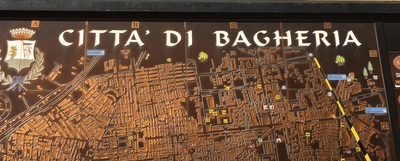

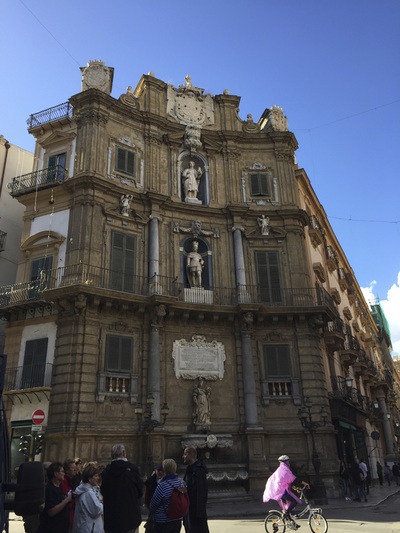

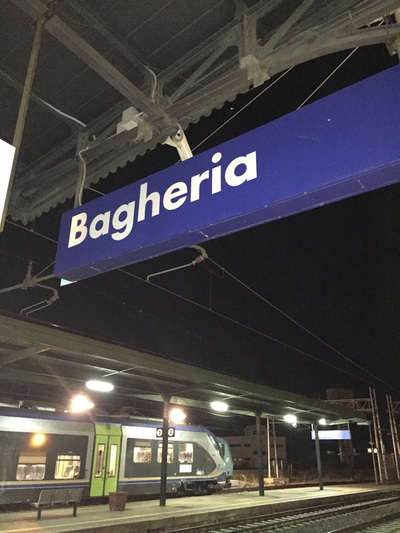
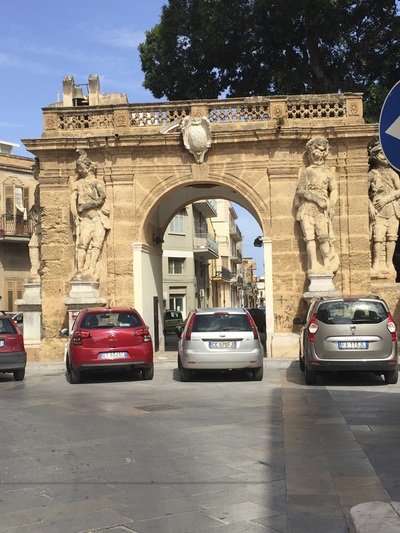
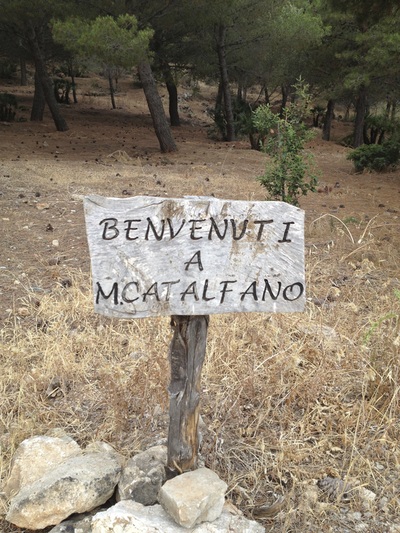
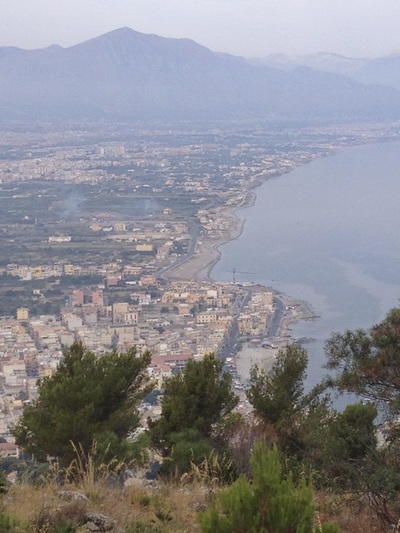


 RSS Feed
RSS Feed